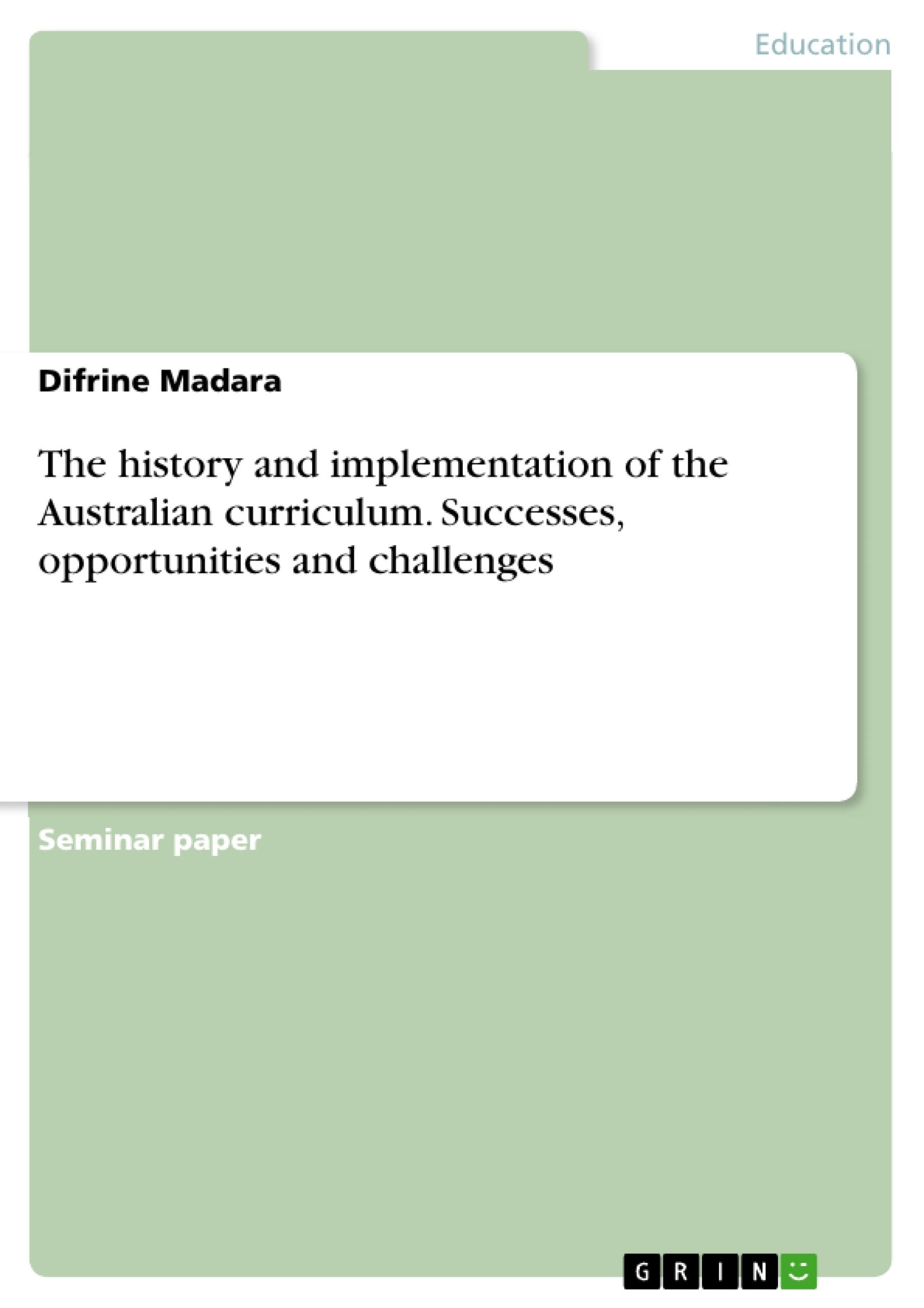Curriculum is one of the most important elements of education system. A curriculum is essential in planning the education process and procedures such as terms, sessions and lesion periods over a given period of time. In general, a curriculum encompasses a continuous chain of activities required to translate the goals of an education system into specific activities, materials and observable behavior changes. In other words, curriculum is a set of interrelated plans and experiences that students must complete under the guidance of the school or early childhood settings. Some studies defined a curriculum as the sum of all student experiences within the education process. In this regard, curriculum consists of the interaction between students and the instructional content, materials, resources and processes in a manner that can assist in evaluation of education goals. In most cases, curricula are standardized and incorporate high level of autonomy of the learner and instructor. Most countries around the world including Australia have a curriculum that is used to act as a guide in primary and secondary education.
Specifically, Australian curriculum can be described as a national curriculum used by all primary and secondary schools to realise progressive development, review and implementation of education activities and processes in Australia. Australian Curriculum, Assessment and Reporting Authority (ACARA) is an independent body tasked with the development and review of the Australian curriculum. Currently, states and territories of Australia are engaged in implementation of various aspects of Foundation to Year 10 part of the curriculum. The curriculum contains expected performance outcomes and content for all Australian teachers and students. It also provides various strategies and tactics that can assist in delivering the objectives of education as well as behavioral changes which are necessary in acceleration of student learning. However, effective implementation of the curriculum can face numerous opportunities and challenges which significantly impact on the expected outcomes.
Inhaltsverzeichnis (Table of Contents)
- Introduction
- Description of the background and context of the Australian Curriculum
- Critical analysis of the Australian curriculum
- Conclusion and recommendations
- References
Zielsetzung und Themenschwerpunkte (Objectives and Key Themes)
This document provides a critical analysis of the Australian Curriculum, focusing on its background, implementation, and challenges. The analysis aims to evaluate the curriculum's effectiveness in achieving its objectives and to identify areas for improvement.
- The historical development and implementation of the Australian Curriculum
- The structure and content of the curriculum, including learning areas, general capabilities, and cross-curriculum priorities
- The impact of the curriculum on student learning and teacher practice
- The role of assessment in the curriculum, particularly the National Assessment Program - Literacy and Numeracy (NAPLAN)
- The potential for the curriculum to promote inclusive education and cater to diverse learner needs
Zusammenfassung der Kapitel (Chapter Summaries)
- Introduction: This chapter introduces the concept of curriculum and its importance in education systems. It provides a general definition of curriculum and highlights its role in translating educational goals into specific activities and observable changes in student behavior.
- Description of the background and context of the Australian Curriculum: This chapter delves into the historical context of the Australian Curriculum, tracing its development from early discussions to the establishment of ACARA and the implementation of the national curriculum initiative. It outlines the major milestones and key figures involved in shaping the Australian Curriculum.
- Critical analysis of the Australian curriculum: This chapter examines the Australian Curriculum from a critical perspective, focusing on its strengths and weaknesses. It analyzes the alignment of curriculum content with assessment programs and explores the potential impact of standardized assessments on student learning.
Schlüsselwörter (Keywords)
This paper focuses on the Australian Curriculum, examining its historical development, implementation, and impact on student learning. Key themes and concepts explored include: curriculum design, national curriculum, assessment, literacy, numeracy, inclusivity, standardized testing, NAPLAN, teacher practice, and student engagement.
- Arbeit zitieren
- Difrine Madara (Autor:in), 2019, The history and implementation of the Australian curriculum. Successes, opportunities and challenges, München, GRIN Verlag, https://www.grin.com/document/520214



